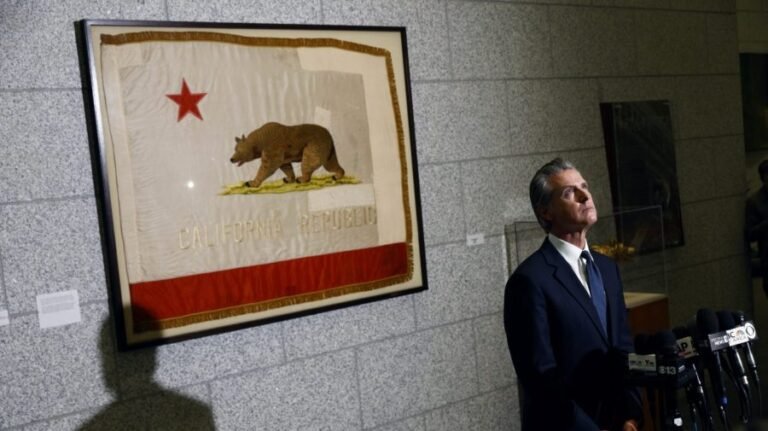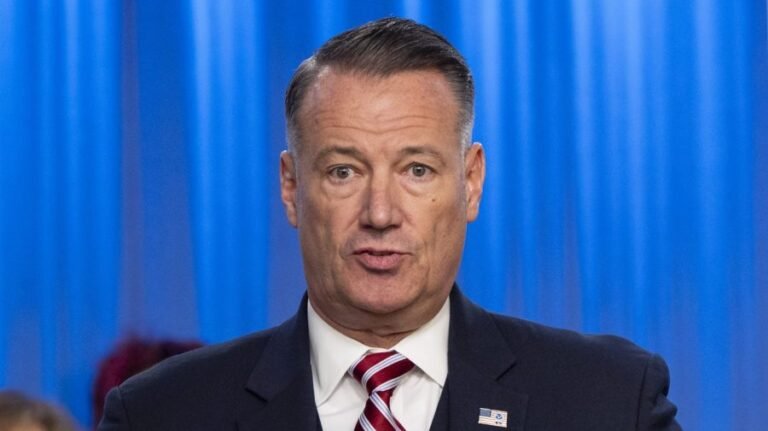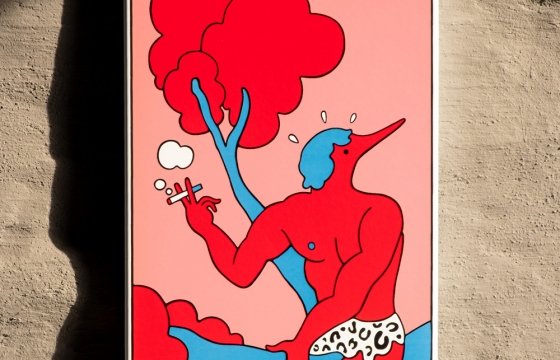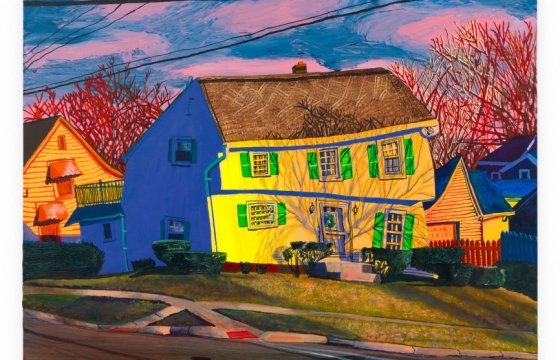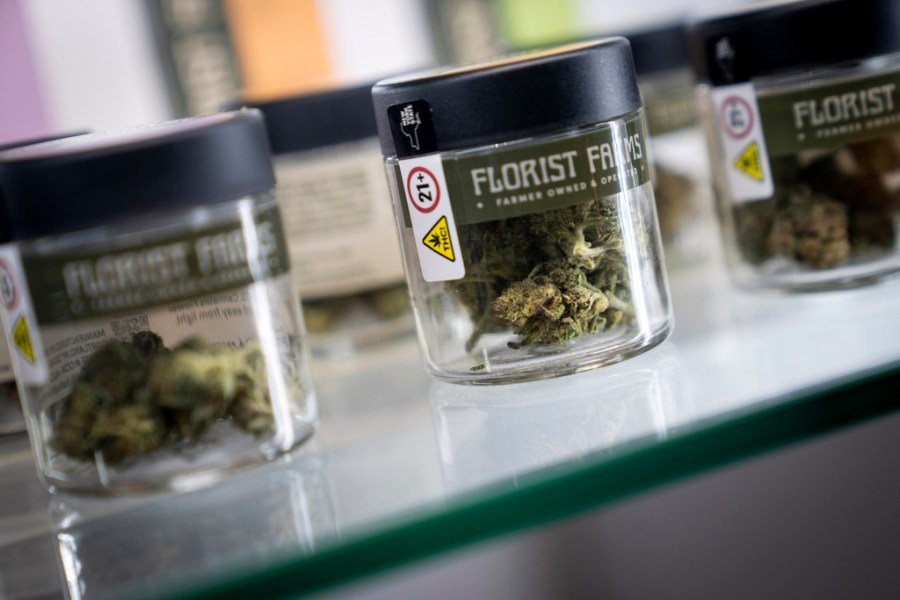
Many on the left argue that drug legalization — particularly for marijuana — is somehow “pro-Black.” Far from it. Although legalization is a windfall for the corporate pot industry, it also deepens racial educational and income disparities, hinders Black family stability and harms inner-city communities.
It’s time to end the folly of decriminalizing and mainstreaming marijuana sales and use.
The left rails against redlining and credit card usury, yet by unleashing corporate pot dealers on Black and inner-city communities, they open the door to some of the most predatory forces targeting the poor.
Removing marijuana from the federal list of controlled substances — or even lowering its classification — would effectively make it legal and send a damaging signal to young people in Black neighborhoods that marijuana use is normal and harmless. It would also create messy challenges over past marijuana-related convictions, sowing legal confusion and undermining respect for the law.
The health risks alone should give pause. Research shows marijuana is a gateway drug. The National Epidemiological Study of Alcohol Use and Related Disorders found marijuana users are more likely to develop addictions to alcohol and nicotine products. Laboratory studies demonstrate that cannabinoids alter dopamine levels in young brains, fostering more addictive behaviors. Once marijuana use is normalized, the door opens to patterns of dependency that can last a lifetime.
Legalization has also fueled youth usage. A California study found marijuana use among grade and high school students began climbing in 2016 — after years of decline — and linked the rise to the legalization movement. The consequences are serious: marijuana increases the risk of heart attack in young users, can lead to emphysema, and carries an immune-suppressing effect that raises pneumonia risk. For those who vape instead of smoking, THC products are responsible for 80 percent of the e-cigarette or vaping use-associated lung injuries known as “popcorn lung.”
Experience has shown that even with legalized sales, street-dealing remains a threat unless the corporate product is dramatically cheaper than what’s being sold illicitly. And as long as illegal sales persist, so does the risk of fentanyl-laced marijuana — a danger that has already claimed lives. Just this year, a 27-year-old woman in Warwick, R.I., died after unknowingly consuming fentanyl-laced cannabis. Connecticut has similarly reported multiple related deaths in recent years.
The costs also extend far beyond physical health. Marijuana use is strongly associated with depression, particularly among Black males. It undermines job growth, skill retention and educational attainment. Chronic use has been linked to anxiety, elevated stroke risk and psychosis.
In Black communities, where untreated mental health issues are already a challenge, increased marijuana availability can worsen conditions and fuel behaviors that increase the risk of incarceration. The argument that legalization will keep Black men out of prison collapses when legalization fosters the very circumstances that land them there.
There are public safety concerns as well. In Colorado, a study published in BMJ Open found traffic accidents increased after legalization. Another highway safety analysis showed that Colorado, Washington and Oregon saw a 5.2 percent jump in combined crash rates compared to neighboring states that kept marijuana illegal.
Marijuana’s psychoactive effects process differently than alcohol, and impairment can linger well past the point users feel “sober,” raising the risk of workplace accidents. As occupational health expert Robert Goldsmith observes, “You can’t assume that evening or off-shift use is not associated with residual impairment during the next shift.”
The truth is that Black youth — and all young Americans — cannot afford the broad acceptance and normalization of marijuana. Jesse Jackson’s “Up with Hope, Down with Dope” message of the 20th century is far more relevant to Black communities today than the “legalize and expunge” approach championed by many policymakers.
States that have relaxed marijuana laws should take a hard look at the social, health and economic costs — particularly for Black communities — and reverse course when they ultimately conclude that the risks outweigh any supposed tax revenue benefits.
In this new Golden Era, American policymakers should do everything possible to protect Black communities and young Americans from the harm caused by marijuana legalization. This will allow them to take advantage of the amazing opportunities headed their way, not check out and miss out while indulging a case of the munchies.
Horace Cooper is the chairman of Project 21 — the nation’s leading organization representing the interests of mainstream Black America.

